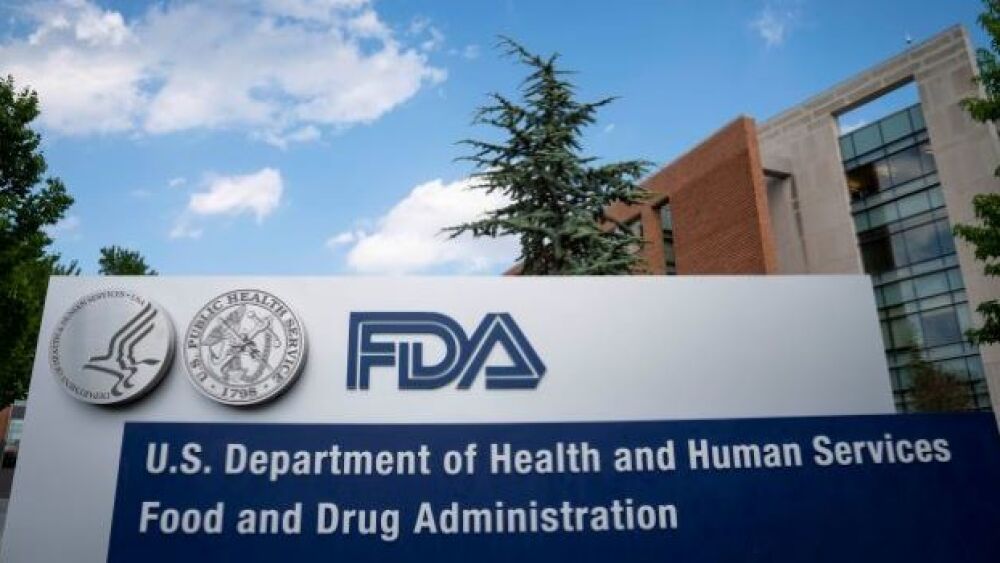The FDA has placed a clinical hold on Beam Therapeutics’ leukemia/lymphoma therapy and has lifted the hold on Celyad’s CAR-T candidate for colorectal cancer.
Courtesy of Sarah Silbiger/Getty Images
Beam Therapeutics announced Monday that the U.S. Food and Drug Administration (FDA) has placed a clinical hold on its Investigational New Drug application for BEAM-201, a candidate for relapsed/refractory T cell acute lymphoblastic leukemia (T-ALL)/T cell lymphoblastic lymphoma (T-LL).
In a short statement posted on its website, the Cambridge, Massachusetts-based biotech firm said the FDA informed it of the decision through email last Friday. No reason was shared but the regulator is set to provide an official clinical hold notice to Beam within 30 days.
The company expects to provide more details about the clinical hold and its future plans pending discussions with the FDA.
Base Editing for Efficiency, Safety
Founded in 2017, Beam is built on the science of base editing. Whereas most gene editing therapies break both DNA strands to introduce a desired change, base editors employ enzymes that chemically transform a single nucleotide base into another (cytosine to thymine, for example) - no cuts needed. This more specific approach is not only more efficient, but it also makes sense: most disease-causing mutations, after all, are due to changes in one nucleotide.
BEAM-201 takes the same approach to T-ALL/T-LL. The candidate is a donor-derived CAR-T cell investigational therapy that has undergone multiplex base editing to become universally compatible and resistant to host rejection, while also being effective against the target cancer cells.
While the FDA’s decision to place a hold on the asset remains unexplained, it is likely due to the uncertainties surrounding the novel technology of base editing and the potential safety risks of the allogeneic, off-the-shelf nature of Beam’s candidate.
The regulatory body has chosen to err on the side of caution regarding these kinds of treatments in the past when it put Allogene’s ALLO-501A CAR T cell therapy on clinical hold after one patient developed chromosomal abnormalities. Three months later, the company found the adverse event to be unrelated to its candidate, and the hold was lifted.
FDA Hits “Play” on Celyad’s Colorectal Cancer Hopeful
While Beam’s lymphoma and leukemia base editor is looking at a potential months-long pause, the FDA has hit “resume” on Celyad Oncology’s CAR-T candidate for colorectal cancer, CYAD-101.
The Belgian biotech announced Monday that the U.S. regulatory body lifted its clinical hold on the Phase Ib KEYNOTE-B79 trial after the company made key changes to the study’s eligibility criteria. In late February of this year, following two patient deaths, Celyad voluntarily stalled the CYAD-101 study, citing “insufficient information to assess risk to study subjects.” The FDA formalized the clinical hold a few days later.
Like Beam’s candidate-on-hold, CYAD-101 is an allogeneic CAR-T cell investigational therapy; unlike BEAM-201, however, Celyad’s colorectal cancer hopeful is not gene-edited. CYAD-101 is designed to express the NKG2D receptor, typically found on natural killer cells, and the novel inhibitory peptide TIM. KEYNOTE-B79 is testing CYAD-101 in combination with Merck’s anti-PD1 Keytruda (pembrolizumab).
Clinical holds on the grounds of safety concerns are all too common in the CAR-T therapy space. Japanese multinational Astellas Pharma faced an FDA clinical hold after four patients died following treatment with its gene therapy candidate AT132 last year. Philidelphia’s Tmunity Therapeutics, founded by CAR-T therapy pioneer Carl June, has also seen its lead program halted by patient deaths, as reported by news portal OncLive.






